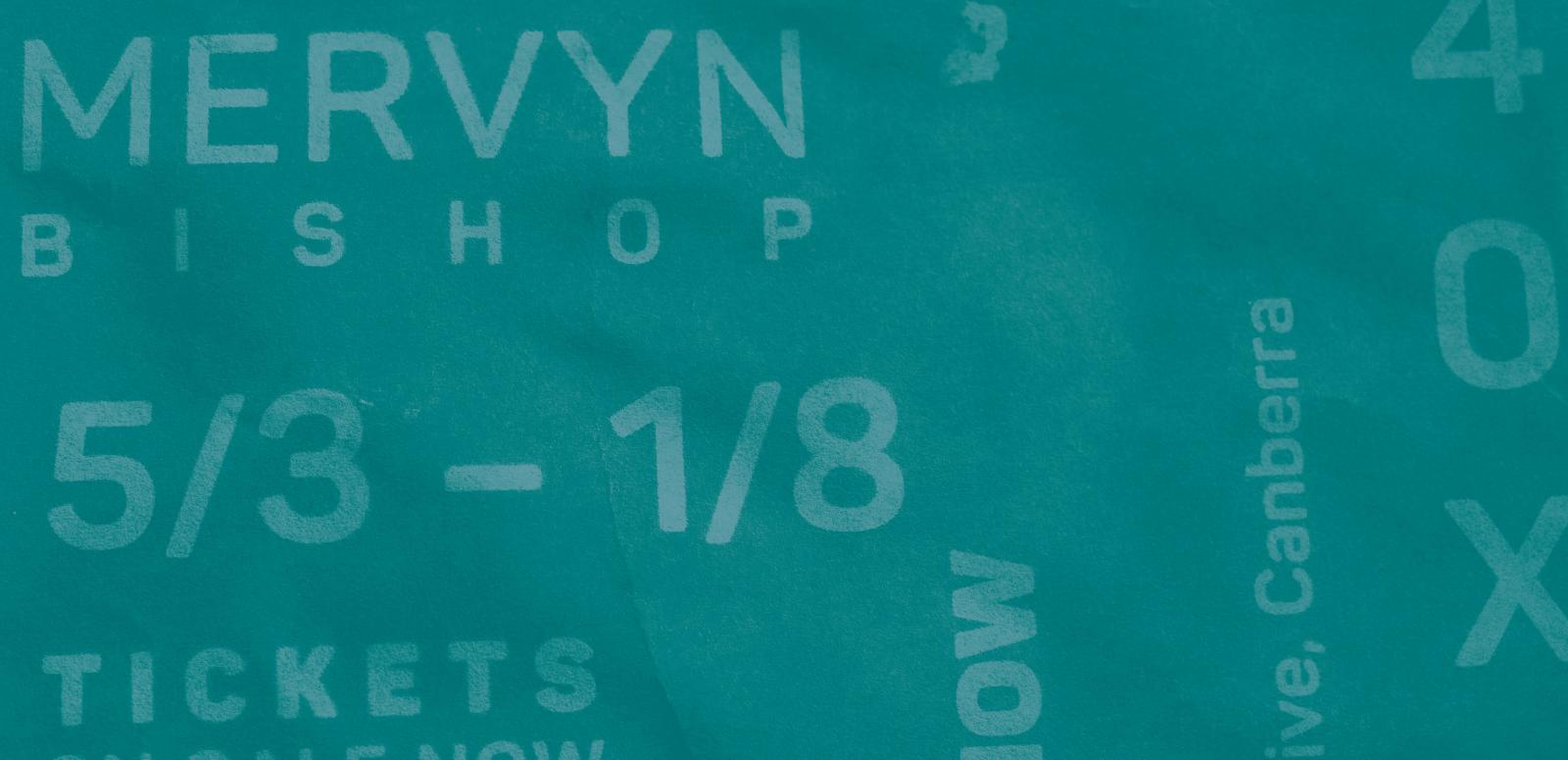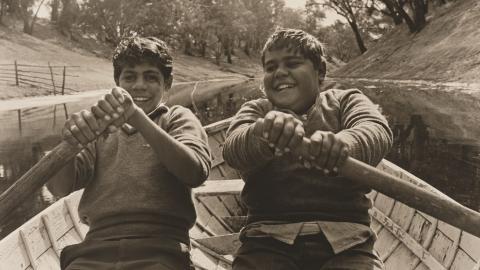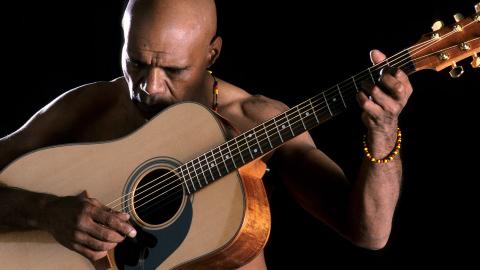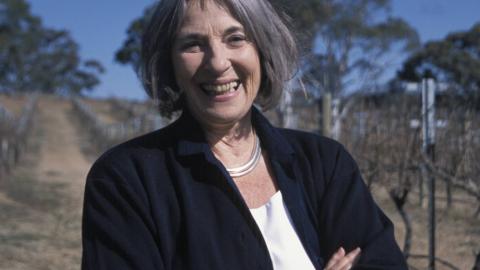

Oodgeroo Noonuccal: Time to Listen
Oodgeroo Noonuccal: Time to Listen
WARNING: this page contains the names of deceased Aboriginal and Torres Strait Islander people.
This is a transcript from Time to Listen (c1970) of an interview with political activist and writer Oodgeroo Noonuccal (formerly Kath Walker) in which she discusses race issues in Australia and her role as a poet.
Please note: the interview contains language that is reflective of the time it was recorded but may not be considered appropriate today.
Speaker 1 (Interviewer Bruce Silverwood):
There is down near my home a nursery, which in addition to selling plants sells little concrete garden ornaments. You know, gnomes and mushrooms and swans. And it sells Aborigines about two-thirds full-size. You can get a whole family: the hunter, the lubra and the little piccaninny. And then you get people who adopt Aboriginal children and take them around with a sort of a 'Look what I've got'.
Speaker 2 (Oodgeroo Noonuccal):
Oh, yes. Don't start on this subject.
Interviewer:
Well now, do you think that you, as an Aboriginal poet...
Oodgeroo Noonuccal:
Yes?
Interviewer:
…with published works, are seen rather in that light with a lot of patronage. But when you really start to talk hard about Aboriginal affairs, people want to put the toy down and leave it alone?
Oodgeroo Noonuccal:
Oh, definitely. I am accepted as a poet. This is good. This is... has a symbol status. As far as the non-Aboriginal was concerned, they liked this, this is good to see a black poet. But to come out and see a black educationist, a black person who can educate the non-Aboriginal world – this is what they don't like. They are still, psychologically speaking, trying to reject that image. And to reject the image, they push the poet. And end result of which you know I'm probably one of the most well-known poets in Australia, just for this reason. Not for any other reason – that I'm good, bad or indifferent as to my poetry writing does not mean a thing.
Interviewer:
The story of the clash between the coming of the white man and the Aboriginal people in Australia appears to be Aboriginal people, living with a very admirable adjustment to their environment, white man coming and introducing quite a different way and stripping the Aborigine of much of his possessions and hope and dignity so that he lived a poor, second-class life... Still does in many instances.
The assumption that we've got to, in inverted commas, do the right thing now and help the Aborigines to come and join us in this society. But now you're saying something different. You're saying no, not come and join you in your society, but something different, something better. Now, could you define it? What have you got in mind? What sort of life would you like for the Aborigines in Australia?
Oodgeroo Noonuccal:
This is a question of do the right thing, remove that completely out of your mind in the first place, because you won't be able to do the right thing by the Aborigine, the Aborigine has to do the right thing for himself. And this is what we've got to go into the non-Aboriginal field to first educate the non-Aborigine on where his role lies in this position, in this field, because he's doing everything that is detrimental to the welfare of the Aboriginal people. History has proved this. So, when you talk about what are you going to do for the Aborigine? I think we should change that to what can I do with the Aborigine, with his help and with my knowledge, what can we together do to help the Aborigine.
Interviewer:
Yes, that's why I put it in inverted commas, but it's a bit hard when you're saying it to put it in inverted commas. What I want to know is, if you had now an open go in saying what you would like for your people from here on, what kind of life would you propose, what would you ask for?
Oodgeroo Noonuccal:
Well, in my opinion, I don't need to start... I would only concentrate on the present generation, my present generation, because I believe that this is all... If man would just concentrate on his own generation to help the generation in his lifetime and let the next generation worry about their generation as they come along. I think this is where mankind's failed all over the world, that he wants to set down things that are, he considers, this will be good enough for the next 600 years. Well I think we should just work for the present generation.
And in this generation, what I would like to see for the Aboriginals is to withdraw from the society as we know it. I don't say get right out of it but withdraw so that we can get our perspectives right. So that the non-Aboriginal can see us from a distance and we see them from a distance. And I don't mean a long one here. But withdraw so that the Aborigine has breathing space so that the Aborigine can get himself collected, his thoughts collected.
And this will only be for a very short period of time because, once the Aborigine is given the opportunity to build a way of life in the Australian... on the Australian scene, I believe that we will do this and I believe that when it starts happening, there will be many of the non-Aboriginal people in this society who will say, please may we join you? We too, do not like what we have created.
The National Film and Sound Archive of Australia acknowledges Australia’s Aboriginal and Torres Strait Islander peoples as the Traditional Custodians of the land on which we work and live and gives respect to their Elders both past and present.


